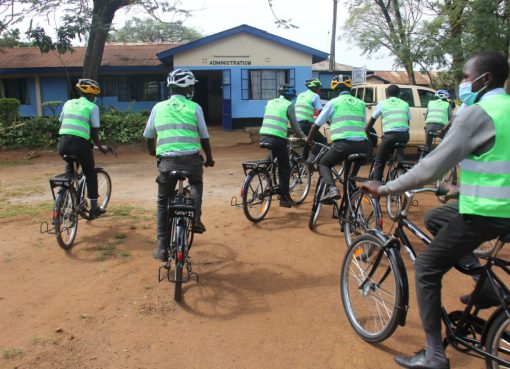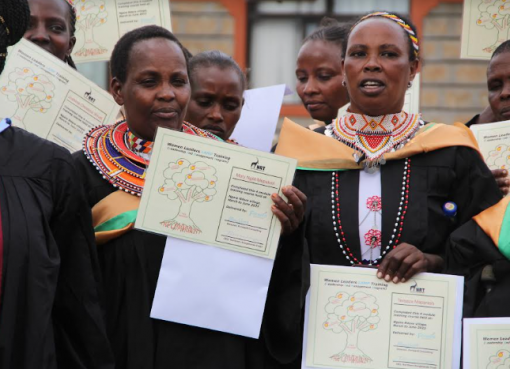Investors will not be attracted to a country whose economy is not dominated by sufficient skilled and trained labour force.
Prime Cabinet Secretary and CS for Foreign and Diaspora Affairs Dr. Musalia Mudavadi while speaking during the first graduation at Kaiboi National Polytechnic, Nandi County, said international investors were moving out of countries with little attention on training its workers on various skilled trade areas.
He revealed that as a country we shall not get investment and trade if we do not have skilled manpower.
“We must compete for investment and trade, we must scramble for investment and trade,” he insisted.
Mudavadi said that Kenya was now at the centre of international sources of skilled labourers after the government introduced the Competency-Based Education Training in its institutions and also the introduction of Competency-Based Curriculum system of education.
He said the world economy is being driven by countries with a vibrant skilled workforce who directly impact on the reduced cost of production and its sustainability.
“Capital goes where there is skilled manpower,” he said.
Mudavadi noted that TVET is becoming a reference point for many other countries around the world and that Kenya was becoming a benchmark upon which others are seeing how to improve their education and training system.
Regrettably, Musalia warned that we have to continue skilling our workforce as a country since the “honeymoon surrounding international aid is over.”
He said a trained labour force will attract capital and investment which will stabilise our economy amidst the pain of international funding aid setbacks.
Mudavadi expressed confidence that the government will soon provide a lasting solution to the challenges of funding in tertiary institutions and colleges.
“In few days’, a team appointed to look into issues surrounding the funding program will unveil their report which I believe will provide a lasting solution to the funding challenges facing universities and tertiary institutions,” he said.
Further, the PCS said the government has continued to ensure trainer deficit in the TVET institutions is addressed.
“Recently, we recruited 2,000 trainers and the government will keep on addressing this gap by recruiting more trainers,” he said.
To make education and training more inclusive, Mudavadi hinted that the government had implemented the Recognition of Prior Learning (RPL) framework.
According to him, this initiative allows individuals who have gained skills through work experience or formal learning to have their competencies recognized formally.
“By doing so, we are helping more people to gain access to further education and employment opportunities, regardless of their previous formal education,” he said.
Principal Secretary State Department of TVET, Dr. Esther Muoria noted that the government was retooling TVET trainers to fit the current technology era.
He said TVET was paying close attention to ever evolving technology including Artificial Intelligence and apply it where necessary so trainees would fit the international job market.
Nandi Governor Stephen Sang urged the education funding model stakeholders to consider separating funding models for TVETs and universities. He said the new funding model was working well with TVETs.
Kaiboi National Polytechnic was marking its first graduation since it was elevated from Technical Training Institute into a National Polytechnic.
A total of 1,611 trainees graduated from different training areas which include Agriculture, Engineering and Computing and Informatics.
The function was also attended by Nandi County Commissioner Caroline Nzwili, Nandi Deputy Governor Dr. Yulita Mitei among other senior government officials.
By Geoffrey Satia




